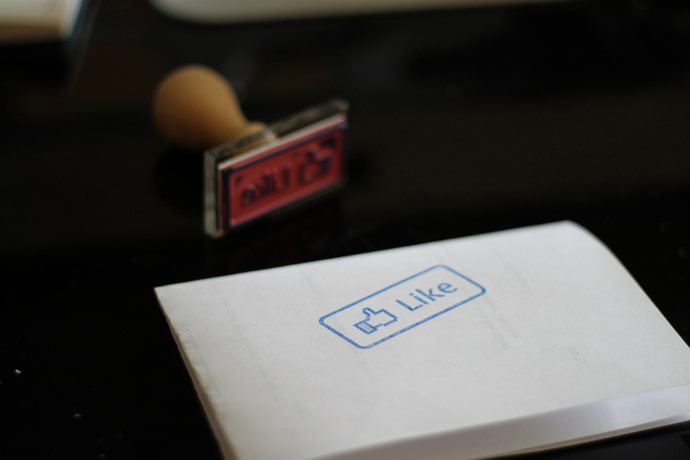Court of Appeals Says Facebook ‘Like’ Button Falls Under First Amendment

When Daniel Ray Carter and five of his fellow deputies were fired by Sheriff B.J. Roberts, they allege that he was furious that they were supporting his opponent, Jim Adams, and expressed that support by liking Adams on Facebook. They claim that Roberts threatened to dismiss them once the election was over and he had won. Roberts did win the election and promptly fired the six deputies, who in turn filed a lawsuit against him for violating their right to free speech; which they, in turn, lost. And that’s it in a nutshell. But wait, the story doesn’t end there.
In a decision handed down from the 4th U.S. Circuit Court of Appeals in Richmond Virginia, Judge William Traxler ruled this week that ‘likes’ on social media giant Facebook are protected as free speech under the Constitution. The decision was in favor of three of the six deputy sheriffs who had filed the original complaint in which they alleged that they had lost their jobs in 2009 when they commented favorably on the Facebook page of a political opponent of the county sheriff. Yes, they appealed, and yes they won the appeal. The three-judge panel ruled unanimously in their favor.
The appeal came after a ruling by Newport News Virginia District Judge Raymond Jackson said liking a Facebook page was “insufficient speech to merit constitutional protection.” It’s not the first time that statements made on Facebook have landed in court and have garnered rulings in favor of free speech, but in his decision Judge Jackson stated that making a statement and just clicking a button to like something were two entirely different things. Not so said Traxler and company. “On the most basic level, clicking on the ‘like’ button literally causes to be published the statement that the User ‘likes’ something, which is itself a substantive statement.”
The case garnered national attention with The American Civil Liberties Union, the National Association of Police Organizations, and Facebook weighing in on the side of the plaintiffs. Facebook and the American Civil Liberties Union filed friend of court briefs in the case. Pankaj Venugopal, Facebook’s associate general counsel released an email statement saying that Facebook was happy with the court’s decision. Ben Wizner, director of the ACLU Speech, Privacy & Technology Project, also released a statement saying that the ruling was correct in recognizing that the First Amendment covers all free speech, regardless of venue.
Now we can all breathe a collective sigh of relief and sleep soundly knowing that whatever and whomever we like on Facebook is protected by the U.S. Constitution, and is not likely to get us fired. If it does, this case has set precedence for litigation. I feel better.
You can read the decision below:









































